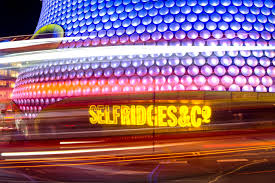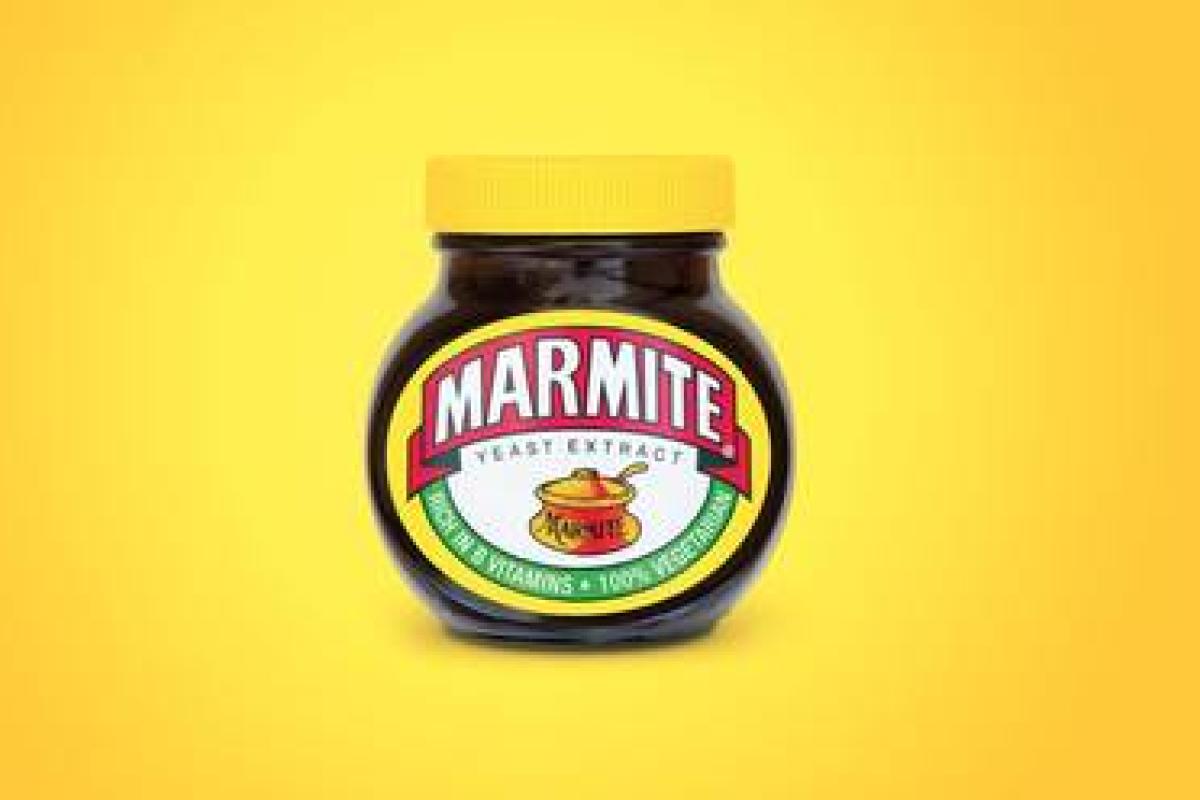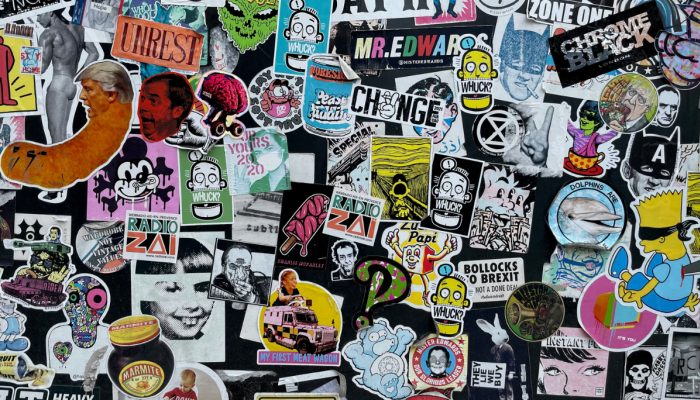Brexit is a huge event challenging Britain’s sense of identity. While the political implications for the country are enormous, Brexit will also have a huge impact on brands as they aim to adapt to a shifting idea of Britain and Britishness.
Back in 1997, Dragon Rouge published ‘Brands for New Britain’ at the time of the New Labour Government under Tony Blair. Contrasting the optimism surrounding ‘New Britain’ in 1997 to the nervousness and divisiveness of Brexit Britain in 2017 arouses interesting considerations. At the time, we concluded that ‘New Britain’ was not to be dismissed as a piece of political hype; that it was a strong and appealing concept. Values like female empowerment, openness and multiculturalism, as well as the idea of embracing Europe, were central to Britain’s new identity on the global stage.
Where we were once able to easily identify the core principles of what made something symbolically ‘New Britain’, post-Brexit we’re seeing a splintering of identities, attitudes and values. Even so, we are still seeing the divergence of certain brands as “Leavers,” HP Sauce, Sky News, and PG tips among them, and “Remainers,” including BBC, Virgin, and EasyJet.
For brands, the most pressing concern is where we go from here. How can brands prosper during times of economic turmoil? What role should national identity play moving forward? How can we better understand and connect with consumers? And in times like these, is it better to innovate, or fall back on the familiar?
Demonstrate a new resilience
With consumer spending and trust both going down post-Brexit, only the most resilient brands will be able to weather the storm. But for brands facing times of uncertainty, resilience is about more than just offering good value for money or being able to justify price increases; it’s about addressing people’s deep anxieties and providing reassurance and practical support, to demonstrate you are there for the long term, come what may. Now is the time for brands to get closer to the consumer, invest in insight and understand the attitudes and values of your audience. It was Harry Selfridge who coined the famous phrase, “the customer is always right.” With this philosophy as part of its foundation, Selfridges has demonstrated resilience by never losing sight of customer needs.
Brands looking to be an anchor in these turbulent times, should consider asking whether their brand could be simpler to understand, easier to navigate and generally more helpful. This is an area in which good brand architecture can make all the difference, offering clarity, efficiency and differentiation.

Become a beacon of purpose
Purpose has become something of a buzzword in recent years, but there are many factors pushing purpose to centre stage; growing social challenges, dwindling trust in companies and an increase in more demanding, aspirational consumers have all made it more important than ever for a brand to be a force for good in the world. As our political leaders and institutions flounder in search of direction, there’s a huge opportunity for brands to communicate their own clear vision for the future.
TECATE, a Mexican beer brand in the Heineken family, adopted a campaign calling attention to violence against women. The campaign’s exigence and genuine objective made it a success among both female and male consumers.
Likewise, Vicks’ ‘Touch of Care’ campaign is making waves in India with its progressive stance on what “family” means today. Nitin Darbari, chairman and CEO of P&G Teva JV China, Marketing Director Asia, Middle East and Africa, is quoted, "Vicks has always been about the gentle touch of a mother's care, as she caresses and gives relief to her child. With the #TouchOfCare campaign we are going a step further and expounding the importance of care beyond just the traditional perception of family. The campaign shows how people who, though not connected by blood, end up being family through care itself."
It’s not just about consumers either, with tightening labour markets, and the need to work harder to attract talent from around the world, it’s important that a brand has clear purpose and a compelling culture to attract the next generation of employees.
Young and old live in different worlds, brands may have to choose
Brexit has driven a wedge between UK consumers, but it’s also highlighting a sizeable divide in values between young and old. A BBC poll found that just 27% of 18-24 year olds voted to leave the EU, compared to 57% of 55-64 year olds and 60% of over 65s. But the split goes deeper than the referendum decision; when asked how brands should appeal to consumers post-Brexit (as part of a survey conducted by Dragon Rouge) the divide was stark, with 89% of millennials and 100% of Gen Z citing progressiveness, creativity and outward-looking associations as desirable brand values. Compare that with members of ‘the silent generation’ surveyed, 100% of whom wanted to see brands play more on tradition, nostalgia and British heritage.
Which direction companies opt for will depend on their core demographic, but it’s clear what the next generation of consumers will demand from their brands.
What should brands do about Britishness?
Considering the result of the referendum, the obvious move might be to play up Britishness, plaster packaging with Union Jacks and pictures of Big Ben; but there’s a danger that this could be viewed as regressively isolationist just as much as patriotic or simply nostalgic. Contrasted to the days of the ‘New-Britain’ movement, Britishness has become more of a divisive concept; in fact, many people prioritise other identities over being British. A recent survey from Queen Mary University and YouGov found that citizens living in London, for instance, identify more strongly as Londoners (46%) than they do with being British (17%).
So is it a case of alienating leavers or remainers with varying levels of patriotism? Not necessarily. The smartest brands find a way to celebrate their Britishness through story, purpose and a sense of place, rather than tired clichés. Though consumers tend to rank “Britishness” quite low when considering brand options, there is an underlying association between British products and quality and craftsmanship – the quality consumers consider most important. Marks & Spenser is an excellent example of a brand emphasizing this association with purpose rather than artificial patriotism.
Innovate gently
Will the desire for familiarity, continuity and safety drown out the appetite for progress and innovation? Though there’s often a pull to play it safe in times like these, disruption and uncertainty create big opportunities for innovation. In fact, some of the biggest innovations of the past century have come during times of the greatest economic turmoil. Consider the burst of the Internet bubble in 2001. Though there was a severe economic downturn, we saw the innovative success of Proctor & Gamble with their launch of Crest WhiteStrips (which rapidly grew to a $200 million product) and Apple’s launch of the first iPod. But it’s important to remember that superficial novelty can often lead to complexity for consumers; when people are hard pressed for cash, is it really the best time to release another iteration of the same smartphone? Or multiple editions of the same car?
Instead, it’s a time for innovation with a point - the kind of innovation that helps people in their day-to-day lives. The best kind of innovation makes people feel more secure, reassured, positive and empowered, not baffled by needless complexity.
Ultimately, brands have the ability to present themselves as a positive force for good in society, and when everything around the consumer is in a state of change, that can create a real connection with your audience.
By Dragon Rouge



